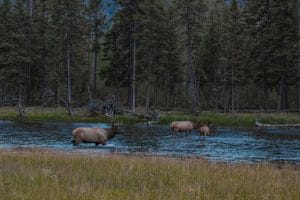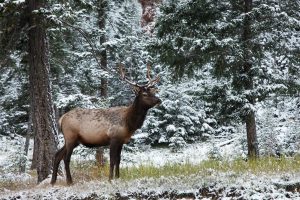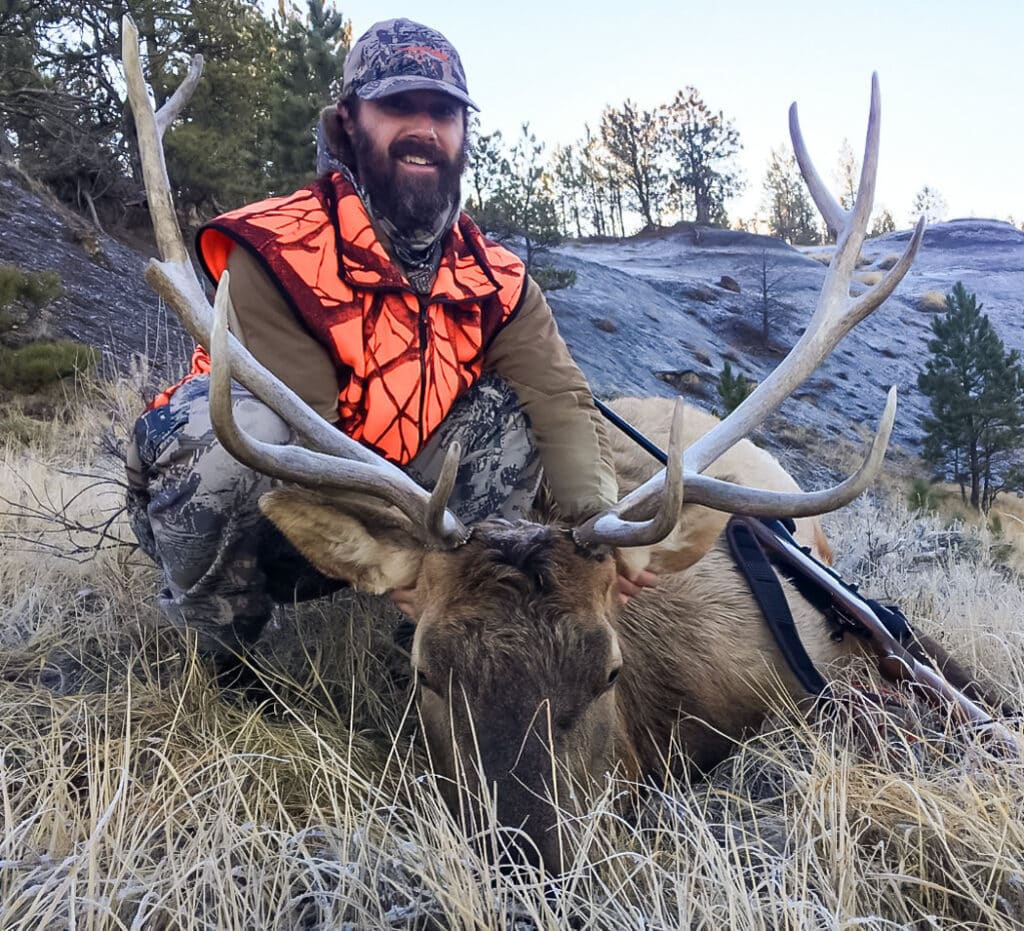
The Montana Fish and Wildlife Commission heard the tentative proposals Dec. 5 at its regular meeting in Helena. The season package included the continuation of nearly all the extended rifle elk “shoulder seasons,” which started in 2015 on a pilot basis and have grown to include 58 districts throughout the state. Commissioners ordered FWP staff to come back with some other options.
Shoulder seasons are elk rifle seasons in the regulations that can run from Aug. 15 to Feb. 15. They were passed with criteria that include measures to ensure they don’t replace the general season harvest. It was important because FWP, landowners, and hunters learned years ago that late seasons that just move elk from one ranch to another, or from private land to public land, were ineffective at controlling elk herds.
The seasons require that at a minimum half of the harvest of newly recruited elk is reached during the general rifle season, which runs from late October through November. That is when the greatest amount of hunters are in the field, and when we should ethically be killing elk so we don’t stress them in winter.
If hunters want to see more elk on public lands, we must hold FWP accountable to the criteria. We need broad harvest across the landscape to effectively manage elk, not only in numbers but where they’re found.

When commenting, hunters can make specific comments on the districts they know best. But they can also talk about the broad principles of sticking to the criteria in the shoulder seasons and working to build hunting opportunities for everyone.
As hunters, we want to see more of our public elk on public lands, as well as on accessible private lands. We need better elk management that benefits hunters, landowners, and FWP. Make your voice heard now, and speak up for your sporting heritage.
Finally, go to www.montanaelksurvey.com to help us make our collective voice heard on elk management.

